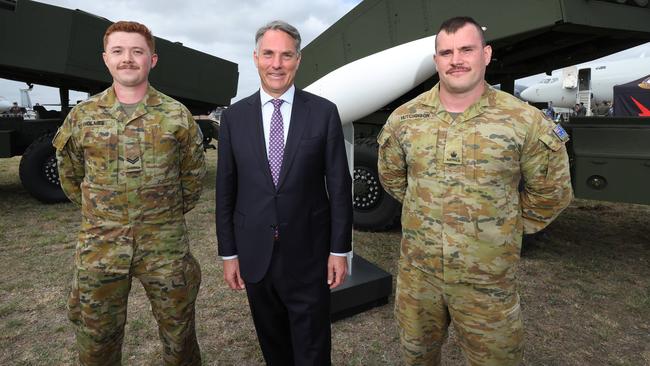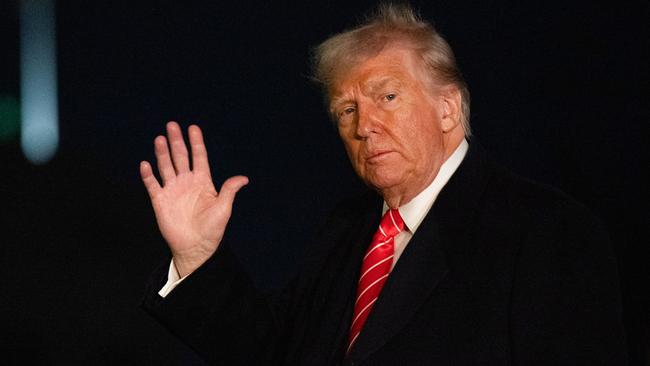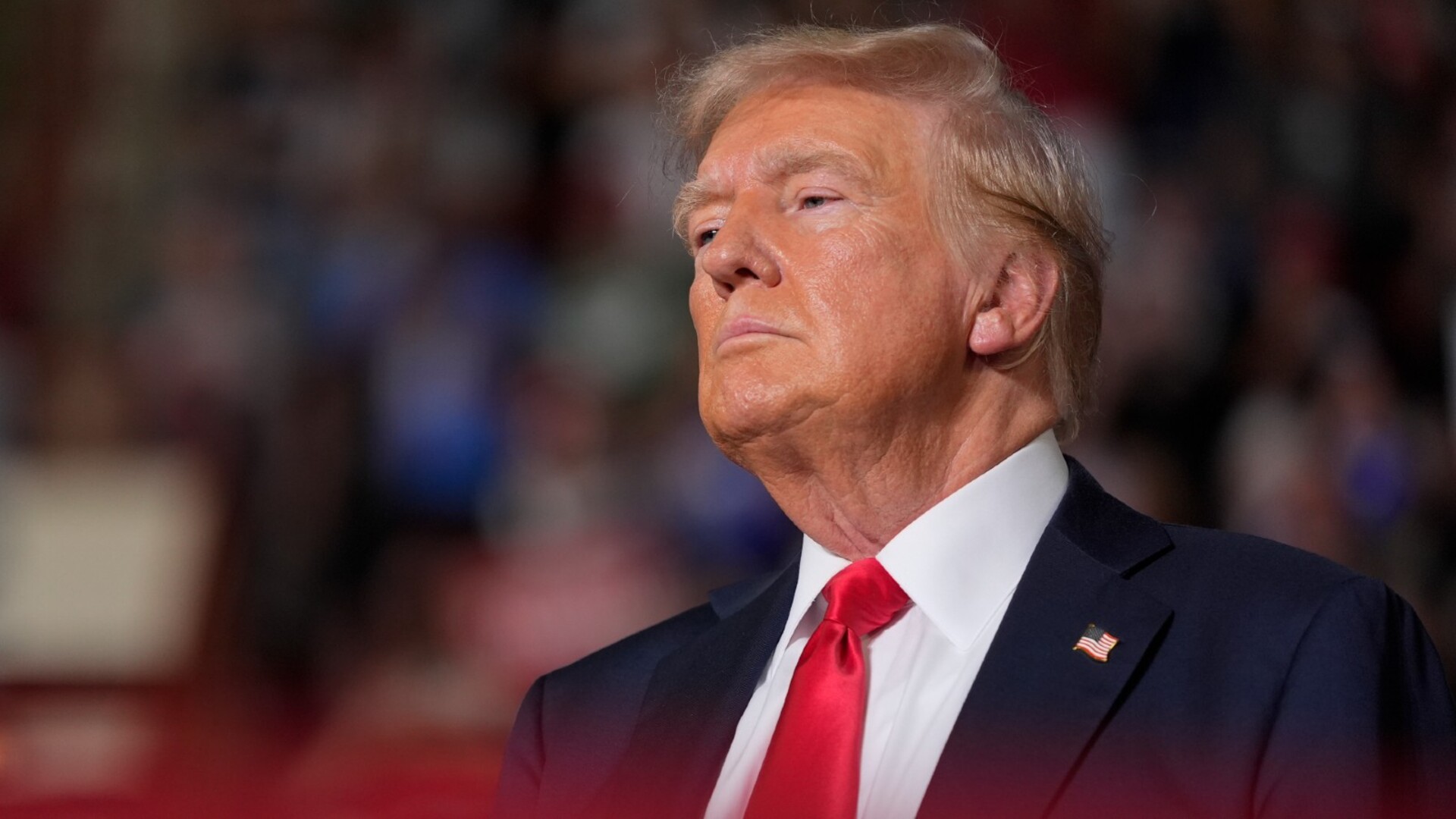
The Albanese government has not only snubbed the Trump administration with its decision to make no significant change on the defence budget, it has also snubbed Australia’s strategic reality.
At a time of record increases in government spending, the best Defence Minister Richard Marles can do is shuffle forward about a billion dollars on a range of projects.
As usual, the government’s information is vague and woolly. When asked what timeline would be accelerated by this alleged bringing forward of money, Marles had to admit no timeline would accelerated.
The money brought forward would simply help government meet its existing time lines.
Given that these are already so woolly and amorphous, we have no idea what this allegedly accelerated money will buy.
Importantly, even this amazingly paltry $1bn is not new money – just money moved to a slightly earlier date in forward estimates.

The decision can only be construed as the Albanese government having a laugh at the Australian people.
It demonstrates three things beyond dispute.
One, the government doesn’t believe Australia’s strategic circumstances are at all threatening. The alternative, that it believes in the threat but couldn’t be bothered doing anything about it, is surely implausible.
Two, Anthony Albanese and his ministers have absolutely no idea of how to respond to the challenge of Donald Trump in the White House. They either don’t take the US President seriously or hope he just won’t notice them before the next US presidential election in a little over 3½ years.
Three, Marles as Defence Minister has absolutely no influence in cabinet at all.

The Albanese government’s performance on defence is so much less than it briefed journalists to expect in its early days in office that the conclusion is inescapable that Marles has been completely unable to get his government to take defence seriously.
The government constantly tries to sell a three card trick to the public on defence spending.
It constantly talks about $50bn of extra defence spending in the decade, but this is almost all years away, with the only real increase beginning either in the last year of the government’s putative second term or first year of its third term.
The government produces colourful graphs showing how much its spending trajectory increases over that which it inherited from the Coalition government but the only real divergence in that graph occurs years into the future.
Governments must be judged on what they do, not what they say, and the Albanese government has done almost nothing except cut capabilities to make way for huge expenditure on AUKUS subs.
It was forced to admit that it could not handle even a life of type extension on our existing Collins-class submarines, yet expects us to believe that in a few years it will be crewing and running nuclear subs, and a few years after that manufacturing nuclear subs.
This is defence policy for Fantasy Island, not for Australia.

The best analyst of Australian defence spending is Marcus Hellyer, a former Defence Department official now with Strategic Analysis Australia.
When the budget updates were published a few weeks ago, Hellyer undertook sustained analysis of where we are now compared with the funding line projected in the 2016 defence white paper.
His conclusion is that between 2016 and now, there has been an increase of about $400m, or 0.7 per cent. He further calculates that because of a sustained burst of inflation during that period, the real purchasing power of the defence budget is substantially reduced from that which was envisaged in 2016, while the cost of all defence capability has risen even more quickly than inflation.
The government can claim it’s spending record amounts on defence simply because the population, the nominal GDP and the budget are increasing every year.
Yet when Labor came into office, the defence budget accounted for about 2 per cent of GDP. In 2023-24 it accounted for 1.99 per cent of GDP. And in 2024-25, according to recent budget updates, it will account for 2.01 per cent of GDP.
This is an undeniable sign of a government, and sadly probably a nation, that simply doesn’t take the idea of providing any independent, sovereign, deterrent capability remotely seriously.

We are now more dependent on the Americans for security than we have ever been, at a time when the new Trump administration is telling us that the old American benevolence, which had allowed us to be free riders, no longer applies.
Rather than do anything for itself, the Albanese government is investing some billions of dollars into the US, and the British, nuclear submarine industries.
It presumably hopes that this quasi danegeld payment will insulate it from Trump’s cold stare, and from reality generally.
Yet reality is a harsh mistress. Even the Labor Party will not be able to deny it forever.
In the meantime, with this ridiculous non-decision to do nothing, Marles shows us that he at least retains his sense of humour.






